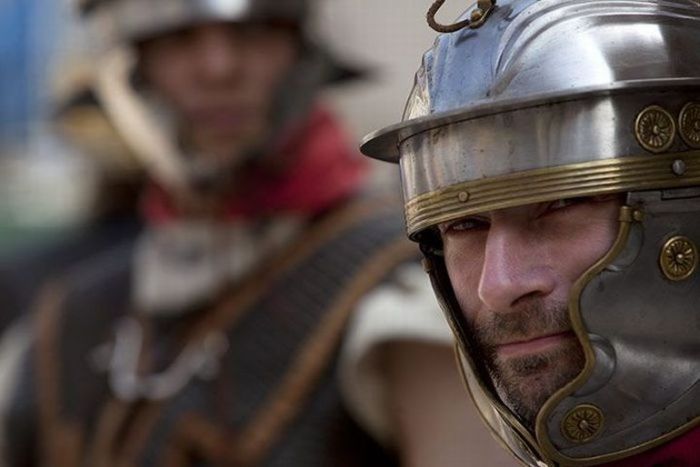|
|
Gladiator Fighting, London, United Kingdom
|
Gladiatorial games
• Origins
Early literary sources seldom agree on the origins of gladiators and the gladiator games. In the late 1st century BCE, Nicolaus of Damascus believed they were Etruscan. A generation later, Livy wrote that they were first held in 310 BCE by the Campanians in celebration of their victory over the Samnites. Long after the games had ceased, the 7th century CE writer Isidore of Seville derived Latin lanista (manager of gladiators) from the Etruscan for executioner, and the title of Charon (an official who accompanied the dead from the Roman gladiatorial arena) from Charun, psychopomp of the Etruscan underworld. Roman historians emphasized the gladiator games as a foreign import, most likely Etruscan. This preference informed most standard histories of the Roman games in the early modern era.
Reappraisal of the evidence supports a Campanian origin, or at least a borrowing, for the games and gladiators. The earliest known Roman gladiator schools (ludi) were in Campania. Tomb frescoes from Paestum (4th century BCE) show paired fighters, with helmets, spears and shields, in a propitiatory funeral blood-rite that anticipates early Roman gladiator games. Compared to these images, supporting evidence from Etruscan tomb-paintings is tentative and late. The Paestum frescoes may represent the continuation of a much older tradition, acquired or inherited from Greek colonists of the 8th century BCE.
|
|









